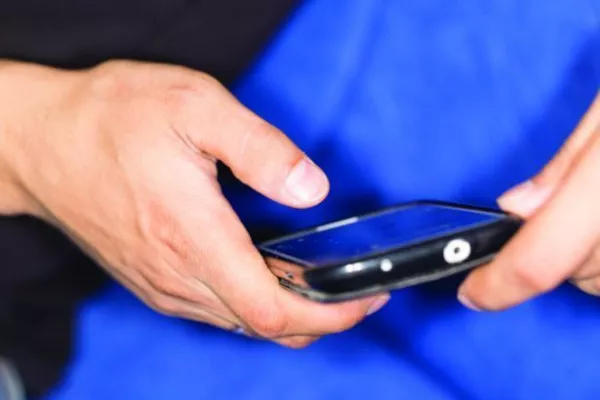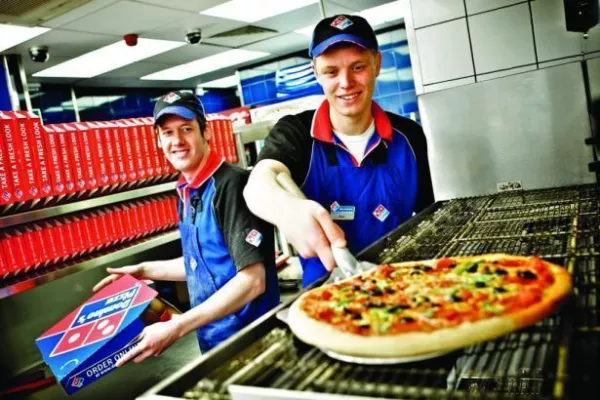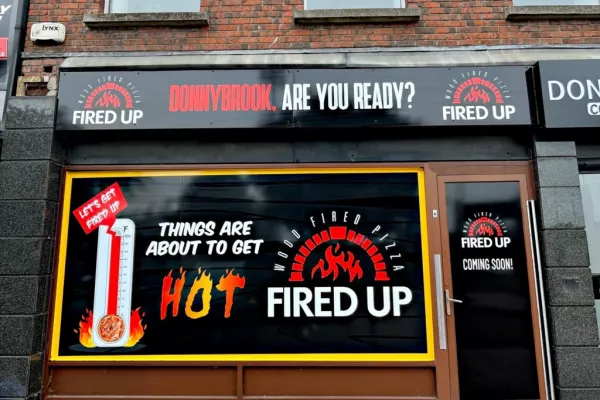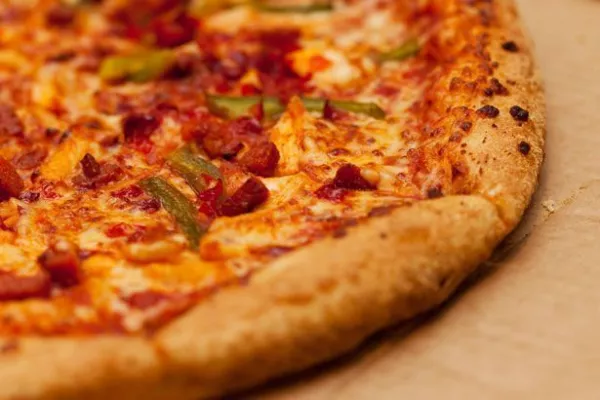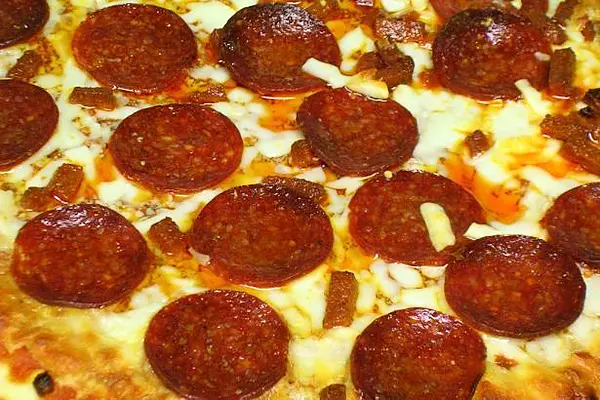The customers streaming through L’inizio’s Pizza Bar in Queens this weekend needed hot slices, cold beers, and more PokéBalls.
The pizzeria became one of the earliest businesses to deliberately tap into a real-world windfall from Pokémon Go, a wildly popular augmented-reality game released on July 6 by Nintendo Co. Ltd.
Part of the game involves capturing virtual Pokémon, visible only when looking at your surroundings through a smartphone, and L’inizio’s has been crawling with them. Players might see a Charmander perched on a barstool or find a Snorlax in a bathroom stall, while non-playing customers just see a bunch of people wandering around with eyes glued to their phones.
Food and drink sales spiked by about 30 percent compared with a typical weekend, according to pizzeria manager Sean Benedetti. It was part luck—the game chooses which public locations to imbue with special significance in its virtual world—but there was also savvy strategy. Benedetti, 29, spent about $10 on "Lure Modules," an in-game purchase that attracts Pokémon to a specified location. Players soon picked up on the fact that L’inizio’s was well worth visiting. “People are coming out of the woodwork because of this game,” he said.
From a certain point of view, Pokémon Go has managed a feat that has eluded brick-and-mortar merchants for years: turning location-aware smartphones into drivers of foot traffic. Shop owners' hopes of garnering sales through mobile devices have been dashed by disappointments such as beacons, a technology backed by Apple Inc. and others that can target shoppers with discounts and other offers based on location data. As of last year, however, Forrester Research found that just 3 percent of retailers were using the software.
An augmented-reality game such as Pokémon Go, powered by GPS capabilities on every smartphone, has the potential to deliver where beacons failed. It's easy to imagine a developer selling ads within the game world to local merchants, or even auctioning off the promise to turn specific shops and restaurants into destinations for players. Nintendo and Niantic Inc., developer of Pokémon Go, did not respond to questions.
“Location-based advertising should get a boost in augmented-reality gaming because of games like Pokémon Go. It’s going to spur more intellectual property towards geo-tagging, which can have a direct impact on visitation,” said Bloomberg Intelligence analyst Jitendra Waral. Eight percent of the mobile gaming industry's $39 billion in global revenue now comes from in-game advertising. That share is projected to grow, according to Bloomberg Intelligence, although not very rapidly.
Not every business can monetize the Pokémon Go fad. Internet Archive's San Francisco office is an in-game "gym," a coveted location in which players stage battles between their Pokémon. The location was previously a church, and many of the “gyms” in the app are religious centers, art installations, and similar public venues. To prevent an onslaught of visitors, the group put up a sign: “Feel free to battle at the Team Mystic Gym on our steps, but please do not disturb our staff.” The group offers a public tour of its facility every Friday, and staff archivist Jason Scott said he is curious to see if this week's tour is packed with visitors staring intently at their phones.
Outside Pacific Standard, a bar in Brooklyn, a chalkboard went up displaying a similar warning: “Pokémon are for paying customers ONLY!” It was mostly a joke, said co-owner Ryan Kahl, 30, although he said the influx of players in his bar has been surreal. “We had one guy run to the back because he had a rare Pokémon,” Kahl said. “It’s been a little weird.”
“It’s so weird to think I would have a fixed cost in my monthly budget for Pokémon Go”
Foot traffic is up at Pacific Standard as a result of the bar's inclusion in the app, Kahl said, but he isn't ready to call it a bonanza for his bar. He remained optimistic that players might turn into paying customers, particularly if the Pokémon Go fad lasts through the summer. “We see a lot of people walking up to the door, seeing the place, and then leaving,” Kahl said. “We are hoping the hotter it gets, people will need to refuel with actual food and water.” There’s also talk among bar owners of trying to launch a Pokémon-themed bar crawl.
L’inizio’s Benedetti and Kahl expressed interest in working with Nintendo to further promote their businesses through the game. Kahl hasn't yet plunked down the $10 on "lures" but he said he might do so during the Republican and Democratic national conventions; Pacific Standard is known to draw drinkers to watch political events on its TVs. “It’s so weird to think I would have a fixed cost in my monthly budget for Pokémon Go,” Kahl said.
Players, meanwhile, don't seem horrified at the prospect of mixing real-world commerce with the virtual game. Jon Schubin, 31, spent from three to four hours playing Pokémon Go this past weekend and visited two local businesses as a result. Would he be willing to pay a shop or restaurant for access to a rare Pokémon or a coveted gym?
Schubin said he would consider it. “What really is important is respecting the economics of the game and game play," he said. “There are ways to incorporate sponsored content."
Shaun Farrugia, 37, is also willing to patronise a business in exchange for progress in the app: “If finding a rare Pokémon is the equivalent to finding a clean, usable bathroom in New York City, then I’ll buy a seltzer."
News by Bloomberg, edited by Hospitality Ireland
